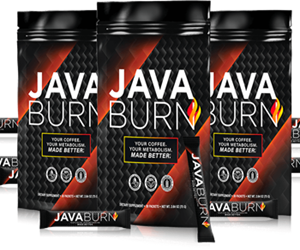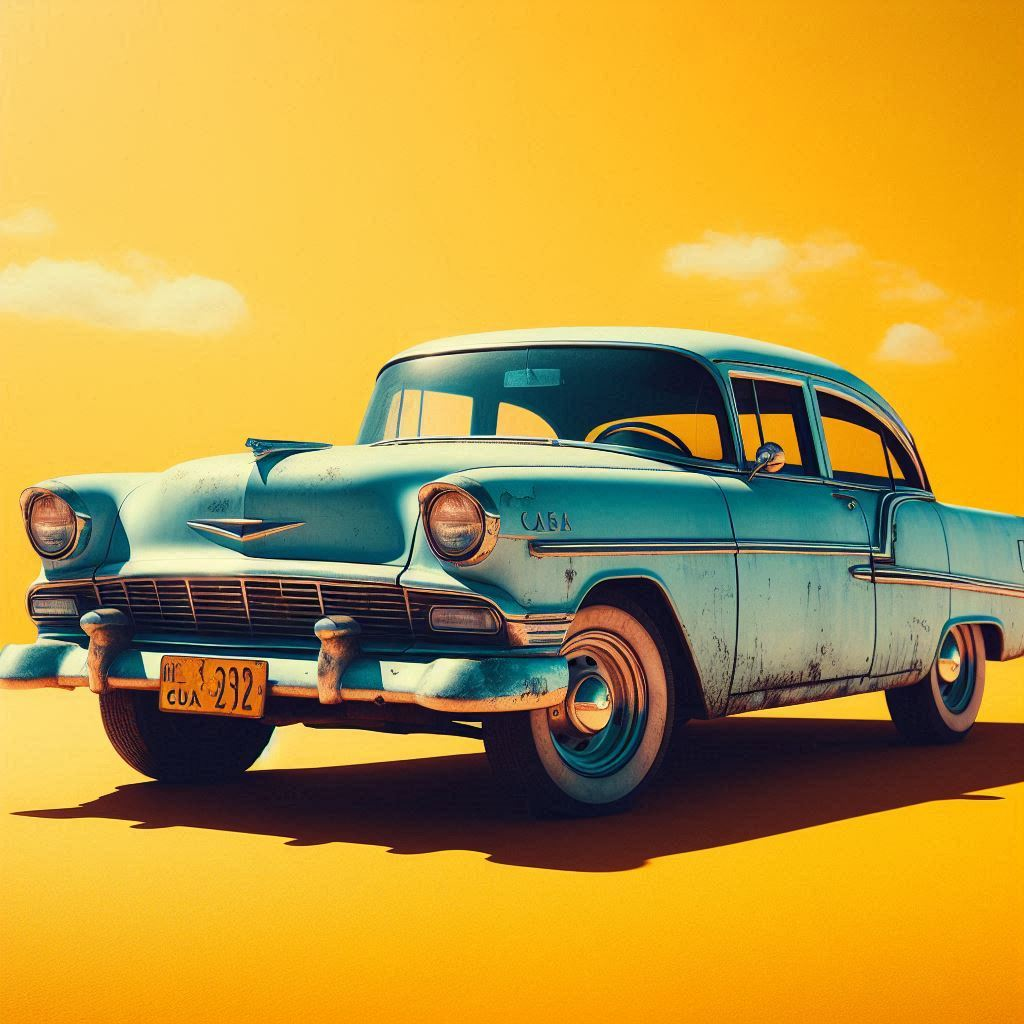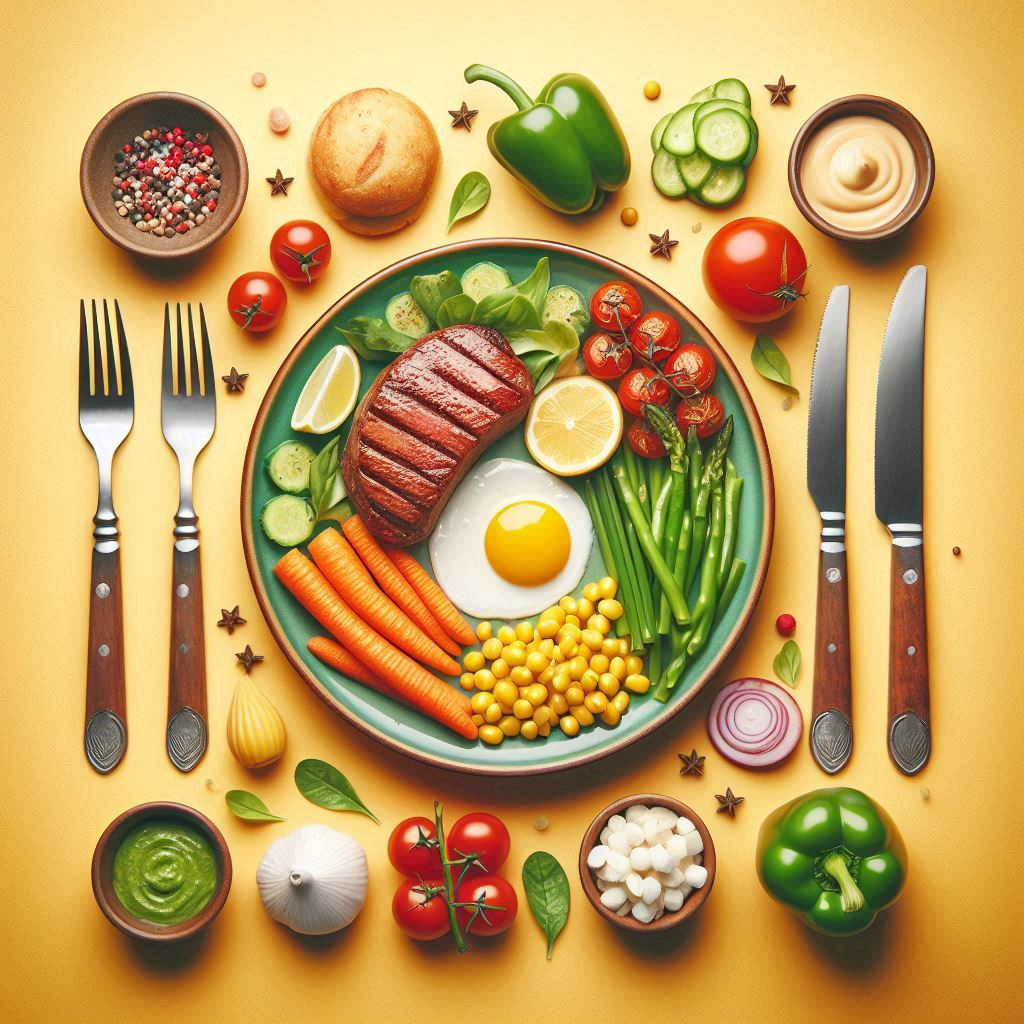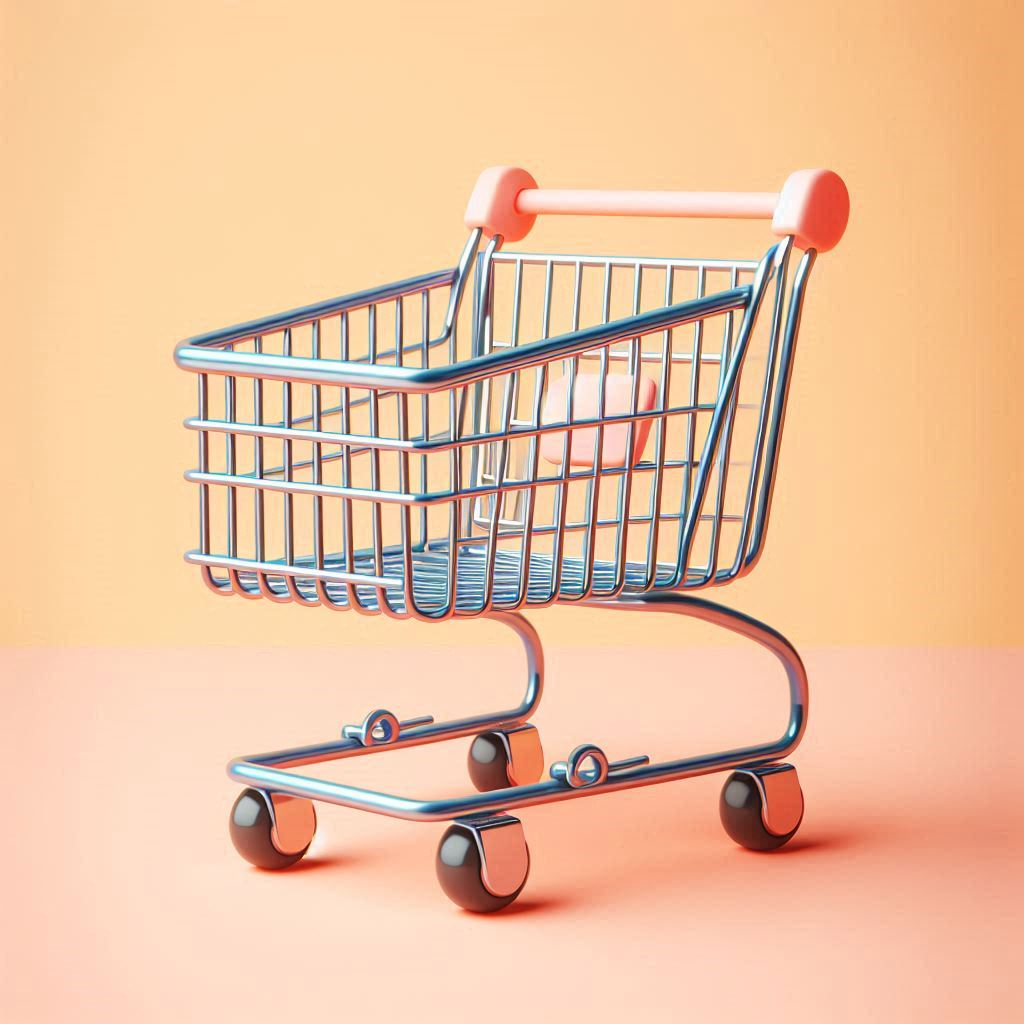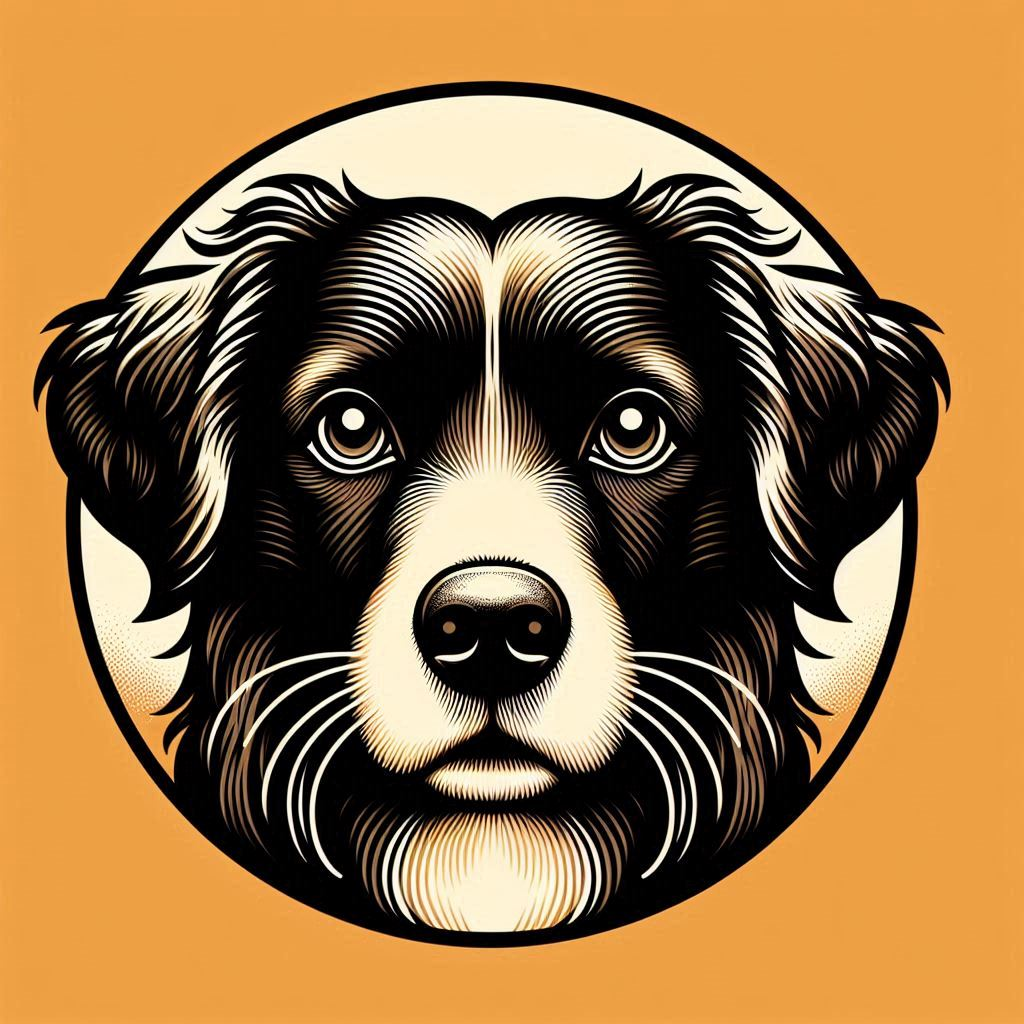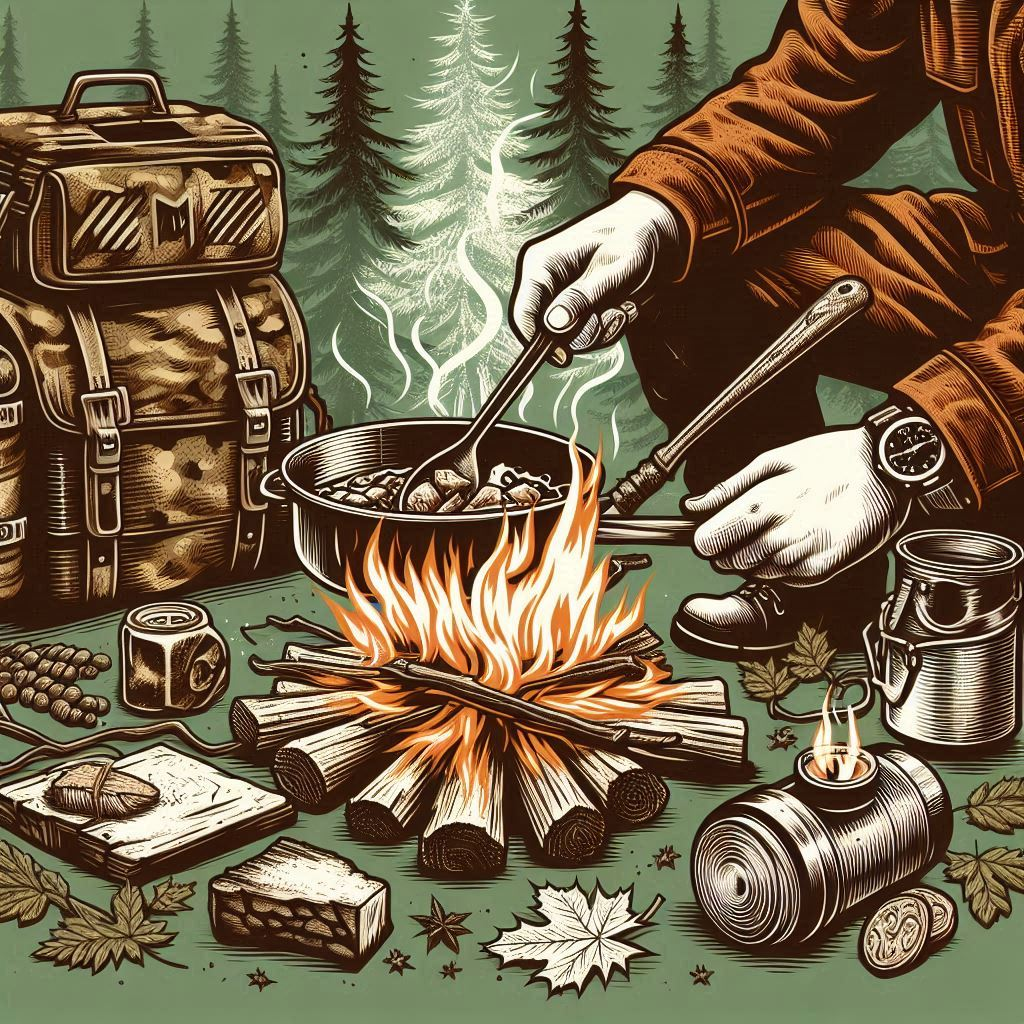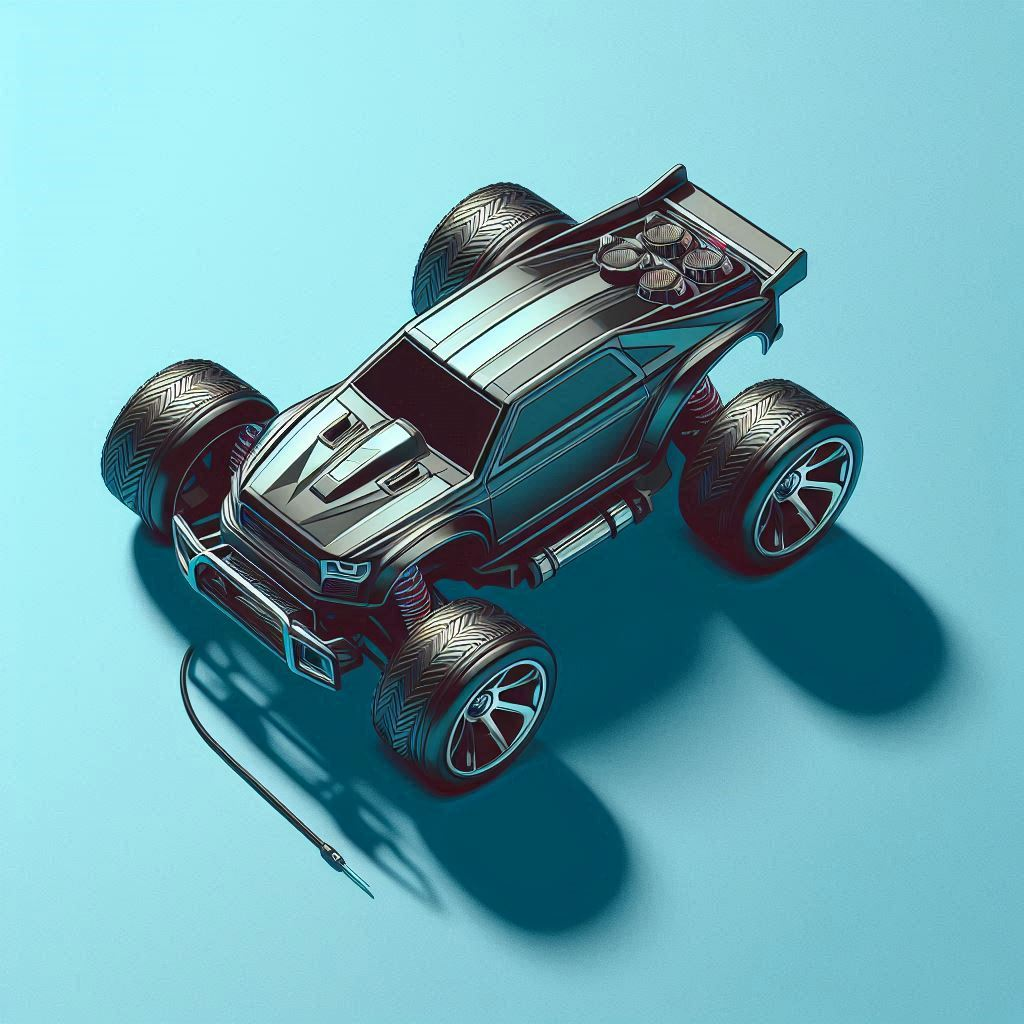Know This When Buying a New Espresso Machine
- Type of espresso machine: There are three types of espresso machines: manual, semi-automatic, and fully automatic. Manual espresso machines require the user to manually control the brewing process, including water temperature and pressure. Semi-automatic espresso machines are more user-friendly and allow for more control over the brewing process, while fully automatic machines are the easiest to use, as they automate the entire brewing process.
- Boiler type: Espresso machines come with two types of boilers: single-boiler and double-boiler. Single-boiler machines use one boiler to heat both the water for the espresso and the steam wand for frothing milk. Double-boiler machines have two separate boilers, one for the espresso and one for the steam wand. Double-boiler machines are more expensive, but they allow for faster brewing and steaming.
- Grinders: Espresso machines can either have built-in grinders or require a separate grinder. Built-in grinders are convenient and ensure that the coffee beans are ground fresh for every shot of espresso. Separate grinders, on the other hand, allow for more control over the grind size and are often used by professional baristas.
- Pump pressure: Pump pressure is the force at which water is pumped through the coffee grounds. The ideal pump pressure for espresso is between 9 and 15 bars. Machines with higher pump pressure can produce better quality espresso, but it is important to note that other factors, such as the grind size and tamping pressure, also affect the quality of the espresso.
- Water reservoir size: Espresso machines come with different water reservoir sizes, ranging from 20 ounces to 80 ounces. The size you choose will depend on how frequently you plan to use the machine and how many people you will be serving. Larger reservoirs are more convenient for frequent use, but they also take up more space and may require more maintenance.
- Milk frothing: If you enjoy cappuccinos or lattes, a milk frother is an essential feature to consider. Espresso machines can have either a steam wand or an automatic milk frother. Steam wands require some skill to use but allow for more control over the frothing process. Automatic milk frothers are easier to use but may produce lower quality frothed milk.
- Brand and price: Espresso machines are available in a wide range of prices, from under $100 to over $2,000. Higher-end machines often have more features and better build quality, but they can be expensive. It is important to choose a brand and price point that fits your budget and needs.
- Ease of use and cleaning: Espresso machines can be complex and require some skill to use. Look for a machine with a user-friendly interface and easy-to-follow instructions. It is also important to choose a machine that is easy to clean, with removable parts that can be washed in the dishwasher.
- Warranty: Lastly, it is important to consider the warranty when buying an espresso machine. A good warranty can give you peace of mind that you are investing in a high-quality product. Look for a machine with a warranty of at least one year, and make sure that the warranty covers any defects or malfunctions that may occur.
Buying an espresso machine can be a great investment for coffee lovers. When choosing a new machine,
consider the type of machine, boiler type, grinders, pump pressure, water reservoir size, milk frothing capabilities, brand and price, ease of use and cleaning, and warranty. By considering these factors, you can find the best espresso machine for your needs and budget. With a good espresso machine, you can enjoy cafe-quality espresso and other coffee beverages at home.
One additional consideration when buying an espresso machine is the size and style. Espresso machines come in a variety of sizes and styles, from compact machines that fit on a countertop to large, commercial-grade machines. Consider the amount of space you have available in your kitchen and choose a machine that fits comfortably. The style of the machine can also be an important consideration, as it can impact the overall aesthetic of your kitchen.
When choosing an espresso machine, it is also important to consider your own skills and preferences as a coffee maker. If you are new to making espresso, a fully automatic machine may be the best option, as it will take care of the brewing process for you. If you enjoy the process of making espresso and want more control over the brewing process, a manual or semi-automatic machine may be a better choice.
When it comes to grinders, it is important to choose a machine with high-quality grinders that can produce a consistent grind size. This is essential for producing high-quality espresso, as a consistent grind ensures that the water is evenly distributed throughout the coffee grounds. Look for machines with burr grinders, as these are more effective at producing a consistent grind size than blade grinders.
The pump pressure is also an important consideration when choosing an espresso machine. The ideal pump pressure for espresso is between 9 and 15 bars, but it is important to note that other factors, such as the grind size and tamping pressure, also affect the quality of the espresso. Look for machines with adjustable pump pressure, as this allows you to fine-tune the brewing process to achieve the perfect shot of espresso.
In addition to pump pressure, the boiler type is another important consideration. Double-boiler machines are more expensive but allow for faster brewing and steaming, while single-boiler machines are less expensive but may require more time and effort to produce the perfect shot of espresso. Consider your own needs and preferences when choosing a boiler type.
Finally, ease of use and cleaning are important considerations when choosing an espresso machine. Look for machines with user-friendly interfaces and easy-to-follow instructions, as well as machines with removable parts that can be washed in the dishwasher. It is also important to choose a machine with a warranty of at least one year, as this provides peace of mind that you are investing in a high-quality product.
Conclusion
Buying an espresso machine can be a great investment for coffee lovers. When choosing a new machine, consider the type of machine, boiler type, grinders, pump pressure, water reservoir size, milk frothing capabilities, brand and price, ease of use and cleaning, size and style, and warranty. By considering these factors, you can find the best espresso machine for your needs and budget. With a good espresso machine, you can enjoy high-quality espresso and other coffee beverages at home.
FAQs (Frequently Asked Questions)
1. What types of espresso machines are available?
There are three main types of espresso machines: manual, semi-automatic, and super-automatic. Semi-automatic machines are often recommended as they provide the best balance between convenience and control.
2. How important is budget when buying an espresso machine?
Budget is crucial. Espresso machines range from entry-level models around $100 to professional-grade machines costing thousands. Always compare the price to the components and features offered.
3. What features should I look for in an espresso machine?
Key features to consider include:
- Temperature control (PID)
- Boiler configuration
- Steam wand quality
- Ease of use
- Size and kitchen space requirements
4. What is the significance of boiler types?
Espresso machines typically have three boiler types:
- Boilers
- Dual Boilers
- Heat Exchangers
Dual boilers are ideal for those without budget constraints, while heat exchangers work well for mid-range machines.
5. How much maintenance does an espresso machine require?
Regular maintenance is essential. This includes:
- Daily group head cleaning
- Weekly backflushing
- Monthly descaling
- Cleaning the steam wand after each use
6. Do I need a separate grinder?
Many espresso machines require a standalone grinder. Some all-in-one machines like the Breville Barista Express include a built-in grinder, which can be convenient for beginners.
7. What is the importance of temperature control?
Temperature control (PID) is crucial for brewing better espresso. Look for machines that allow you to alter brewing temperatures for more consistent and customizable results.
8. How do I choose the right machine size?
Consider your available kitchen space and counter area. Espresso machines vary from compact models to larger, commercial-grade machines. Measure your space before purchasing.
9. What water should I use in my espresso machine?
Use high-quality, filtered water to reduce scale buildup. This helps maintain machine efficiency and improves coffee taste.
10. What brands are recommended for beginners?
Recommended beginner-friendly brands include:
- Breville Bambino
- Diletta Mio
- Philips Carina
- Gaggia Classic Evo Pro
Choose based on your budget, desired features, and skill level

 Espresso is a popular coffee beverage that originated in Italy. It is a concentrated shot of coffee that is brewed by forcing hot water through finely ground coffee beans. Espresso machines are specialized coffee makers that are designed to brew espresso with maximum flavor and aroma. If you are a coffee lover,
Espresso is a popular coffee beverage that originated in Italy. It is a concentrated shot of coffee that is brewed by forcing hot water through finely ground coffee beans. Espresso machines are specialized coffee makers that are designed to brew espresso with maximum flavor and aroma. If you are a coffee lover, 











